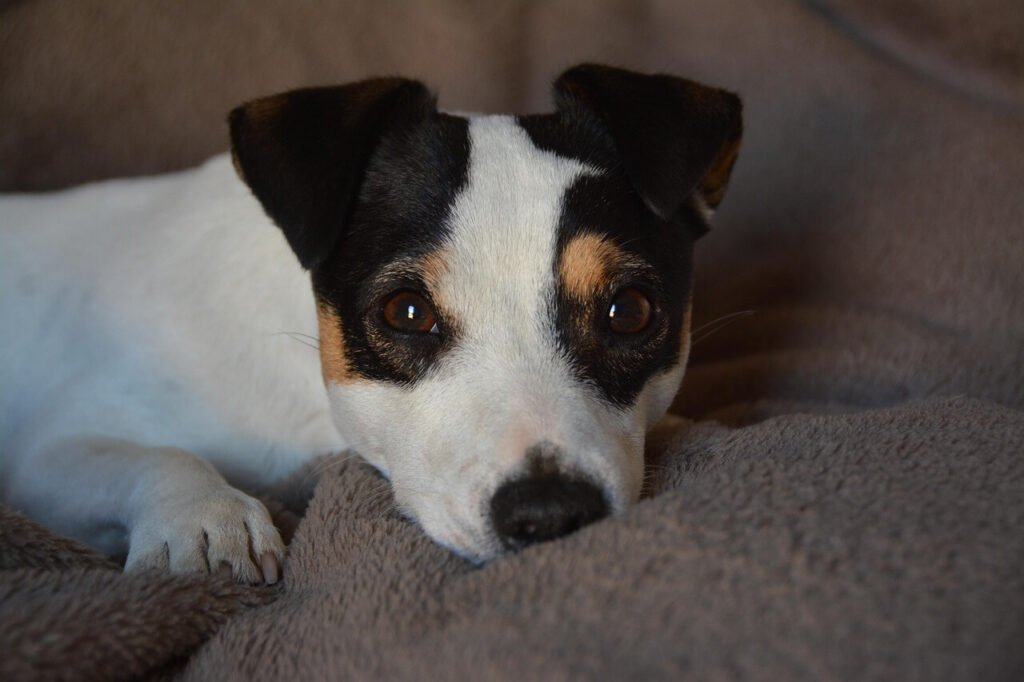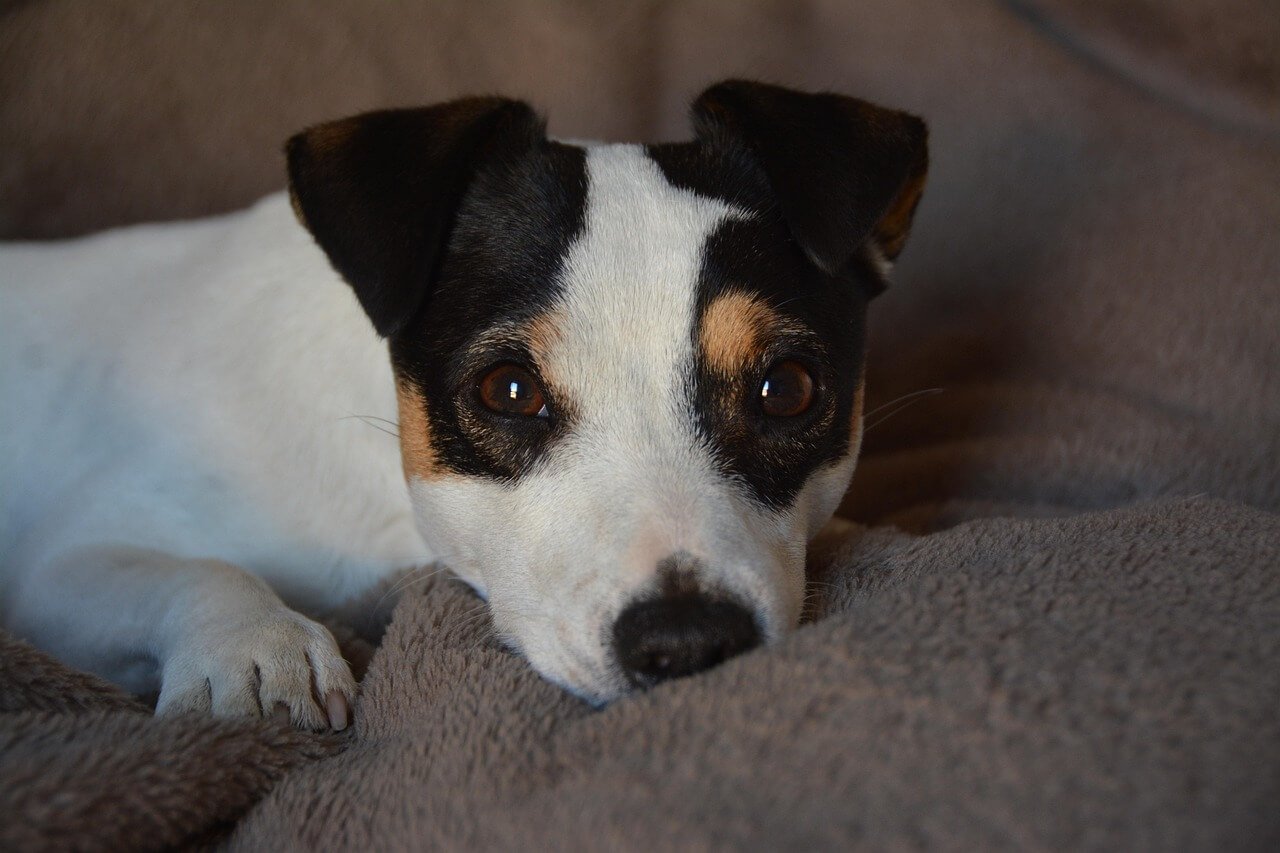What to Do If Your Dog Licks Raw Chicken Juice: A Guide for Concerned Pet Owners
If you’ve ever caught your dog licking raw chicken juice, you know the immediate wave of panic that follows. Raw chicken can harbor harmful bacteria like Salmonella and Campylobacter, which pose serious health risks to both humans and pets. While dogs are often more resilient than we think, it’s crucial to act quickly and responsibly to ensure their safety. In this blog post, we’ll explore what happens when a dog licks raw chicken juice, the potential dangers involved, and how you can prevent such incidents in the future. Whether you’re dealing with an accidental slip-up or simply want to be prepared, this guide will equip you with the knowledge you need to protect your furry friend.
The Dangers of Raw Chicken Juice: What Every Dog Owner Should Know
Raw chicken juice may seem harmless at first glance, but it can carry dangerous pathogens that threaten your dog’s health. Understanding these risks is the first step toward keeping your pet safe. Here’s what you need to know about the potential dangers of raw chicken juice.
Salmonella Risk:
Raw chicken is a common carrier of Salmonella, which can cause symptoms like vomiting, diarrhea, and lethargy in dogs.Campylobacter Infection:
This bacterium is another frequent contaminant in raw chicken and can lead to gastrointestinal upset in dogs.Cross-Contamination Hazards:
Even if your dog doesn’t eat the chicken itself, licking the juice from surfaces or utensils can expose them to harmful bacteria.Weakened Immune Systems:
Puppies, senior dogs, and those with compromised immune systems are especially vulnerable to infections from raw chicken juice.Zoonotic Risks:
Some bacteria found in raw chicken can also infect humans, creating a risk for the entire household.
While not every exposure to raw chicken juice results in illness, it’s important to take precautions seriously. Awareness and prevention are key to avoiding potential health issues for your dog and family.
Immediate Steps to Take If Your Dog Licks Raw Chicken Juice
If your dog has licked raw chicken juice, don’t panic—there are practical steps you can take to minimize the risk of infection. Acting swiftly can make all the difference in ensuring your dog stays healthy. Here’s what you should do immediately after the incident.
Observe for Symptoms:
Watch your dog closely for signs of illness, such as vomiting, diarrhea, or loss of appetite, over the next 24-48 hours.Clean Their Mouth:
Gently rinse your dog’s mouth with clean water to remove any remaining traces of raw chicken juice.Sanitize Surfaces:
Disinfect any surfaces or objects that came into contact with the raw chicken juice to prevent further contamination.Contact Your Veterinarian:
If your dog shows any signs of illness or if you’re concerned, reach out to your vet for professional advice.Monitor Hydration Levels:
Ensure your dog stays hydrated, as dehydration can worsen the effects of gastrointestinal distress.
Taking these steps promptly can help mitigate the risks associated with raw chicken juice exposure. Remember, early intervention is key to keeping your dog safe and healthy.
Check this guide 👉Is Chicken Liver Good for Dogs? Best 7 Health Tips!
Check this guide 👉Can Dogs Eat Canned Chicken? Best 7 Expert Tips!
Check this guide 👉Is My Dog Allergic to Chicken? Best 7 Health Tips!

Preventive Measures | Benefits |
|---|---|
Store raw chicken securely | Reduces the risk of accidental exposure |
Use separate cutting boards | Prevents cross-contamination |
Wash hands and utensils thoroughly | Minimizes bacterial spread |
Supervise your dog in the kitchen | Stops them from accessing harmful substances |
Educate family members | Ensures everyone follows safety protocols |
How to Prevent Future Incidents with Raw Chicken Juice
Prevention is always better than cure, especially when it comes to protecting your dog from harmful substances like raw chicken juice. By implementing a few safety measures, you can significantly reduce the chances of another incident. Here’s how to keep your dog safe moving forward.
Create Safe Food Storage Habits:
Always store raw chicken in sealed containers and place them on lower shelves in the fridge to avoid leaks.Keep Counters Clear:
Never leave raw chicken or its packaging unattended on countertops where your dog might reach.Teach the “Leave It” Command:
Training your dog to respond to commands like “leave it” can prevent them from investigating potentially hazardous items.Use Childproof Latches:
Secure trash cans and cabinets with childproof latches to keep curious dogs out of harm’s way.Establish Boundaries in the Kitchen:
Train your dog to stay out of the kitchen during meal prep to avoid accidental exposure to raw ingredients.
By adopting these preventive strategies, you can create a safer environment for your dog and enjoy peace of mind while cooking. Consistency and vigilance are essential for long-term success.
Understanding the Role of Diet in Your Dog’s Health
A dog’s diet plays a critical role in their overall health and susceptibility to illnesses. While occasional lapses, like licking raw chicken juice, may not always cause problems, maintaining a balanced and safe diet is vital. Here’s how proper nutrition contributes to your dog’s well-being.
Balanced Nutrition Supports Immunity:
A diet rich in essential nutrients strengthens your dog’s immune system, helping them fight off infections.Avoid Feeding Raw Meat Regularly:
Raw diets can increase the risk of bacterial infections, so consult your vet before making dietary changes.Hydration Is Key:
Providing fresh, clean water ensures your dog stays hydrated and aids digestion.Portion Control Matters:
Overfeeding can lead to obesity, which weakens immunity and increases health risks.Supplement Wisely:
Probiotics and other supplements can support gut health, especially after exposure to harmful bacteria.
A nutritious diet lays the foundation for a healthy, happy dog. By prioritizing safe feeding practices, you can minimize risks and enhance your dog’s quality of life.
Signs Your Dog May Be Sick After Exposure
If your dog has licked raw chicken juice, it’s important to recognize the early warning signs of illness. Detecting symptoms early allows you to seek treatment promptly and prevent complications. Here’s what to look for:
Vomiting:
Frequent vomiting may indicate gastrointestinal distress caused by bacterial infections.Diarrhea:
Loose stools, especially if bloody or accompanied by mucus, are a red flag.Lethargy:
Unusual tiredness or lack of energy can signal that your dog isn’t feeling well.Loss of Appetite:
Refusing meals or treats is often one of the first signs of illness.Fever:
Elevated body temperature may indicate an infection requiring medical attention.
Being vigilant about these symptoms ensures you can act quickly if your dog becomes unwell. Early detection is crucial for effective treatment.
The Importance of Hygiene in Preventing Illness
Good hygiene practices are essential for preventing illnesses related to raw chicken juice. By maintaining cleanliness in your home, you can protect both your dog and your family. Here’s why hygiene matters.
Reduces Bacterial Spread:
Proper cleaning minimizes the presence of harmful bacteria in your environment.Protects Vulnerable Individuals:
Young children, elderly family members, and immunocompromised individuals benefit greatly from a hygienic household.Promotes Overall Health:
A clean living space supports better physical and mental health for everyone.Prevents Repeated Incidents:
Establishing routines reduces the likelihood of similar accidents happening again.Builds Responsible Habits:
Practicing good hygiene teaches accountability and fosters a culture of safety.
Prioritizing hygiene creates a safer, healthier environment for your entire household, including your beloved pet.
Alternatives to Raw Chicken for Your Dog’s Diet
If you’re considering adding protein to your dog’s diet, there are safer alternatives to raw chicken. These options provide nutritional benefits without the associated risks. Here’s what you can try instead.
Cooked Chicken:
Fully cooked, boneless chicken is a safe and nutritious choice for most dogs.Lean Ground Turkey:
Low in fat and easy to digest, ground turkey is an excellent alternative.Fish (Cooked):
Fish like salmon or cod offers omega-3 fatty acids, promoting skin and coat health.Eggs (Cooked):
Eggs are packed with protein and vitamins, making them a great addition to your dog’s diet.Commercial Dog Food:
High-quality commercial dog food provides balanced nutrition tailored to your dog’s needs.
Exploring these alternatives ensures your dog receives the nutrients they need without exposing them to unnecessary risks.
Frequently Asked Questions About Dogs Licking Raw Chicken Juice
Can dogs get sick from licking raw chicken juice?
Yes, they can contract bacterial infections like Salmonella or Campylobacter, though not every exposure leads to illness.
Should I take my dog to the vet immediately?
Not necessarily, but monitor for symptoms and consult your vet if you notice any signs of illness.
How long does it take for symptoms to appear?
Symptoms typically show within 24-48 hours, but some cases may take longer.
Is it safe to feed my dog raw chicken?
Feeding raw chicken carries risks and should only be done under veterinary guidance.
Can raw chicken juice harm humans too?
Yes, it can spread bacteria to humans through cross-contamination, so handle it carefully.
Staying Vigilant: Protecting Your Dog from Raw Chicken Juice Risks
In conclusion, while dogs are naturally curious and prone to exploring their surroundings, it’s our responsibility as pet owners to keep them safe from potential hazards like raw chicken juice. By understanding the risks, taking immediate action when necessary, and implementing preventive measures, you can safeguard your dog’s health and well-being. Remember, accidents happen, but preparation and awareness go a long way in minimizing their impact. With love, care, and attention to detail, you can ensure your furry companion remains happy, healthy, and free from harm.
Pemphigus Erythematosus in Cats: Best 7 Expert Tips! – Learn to recognize symptoms, manage flare-ups, and improve your cat’s quality of life.
Pemphigus Erythematosus in Dogs: Best 7 Expert Tips! – Discover causes, symptoms, and treatment options to manage this autoimmune skin condition effectively.
Cat Tympanic Membrane: Best 7 Expert Tips! – Learn how to protect your cat’s eardrum, spot issues early, and ensure lifelong auditory health.
Dog Tympanic Membrane: Best 7 Expert Tips! – Learn how to protect your dog’s eardrum, spot issues early, and ensure lifelong ear health with expert advice.





